In a stunning political revelation that exposes a high-stakes power game, President William Ruto is reportedly orchestrating a calculated campaign to fracture Kenya’s opposition ahead of the 2027 general election.
According to a damning Standard Media investigation, Ruto’s allies are actively courting Wiper Party leader Kalonzo Musyoka, dangling the promise of the 2027 deputy presidency in exchange for desertion from the opposition alliance .
This maneuver is perceived by political analysts as a brazen bid to disintegrate the fragmented coalition of Azimio-affiliated parties, undermining their ability to present a unified electoral front. With deep fissures already emerging within leadership ranks, the opposition’s cohesion appears perilously fragile .
What Opposition Unity is Losing.
The opposition camp is reeling from internal disputes and ideological drift, with key Azimio figures such as Raila Odinga, Martha Karua, and Kalonzo Musyoka under immense pressure.
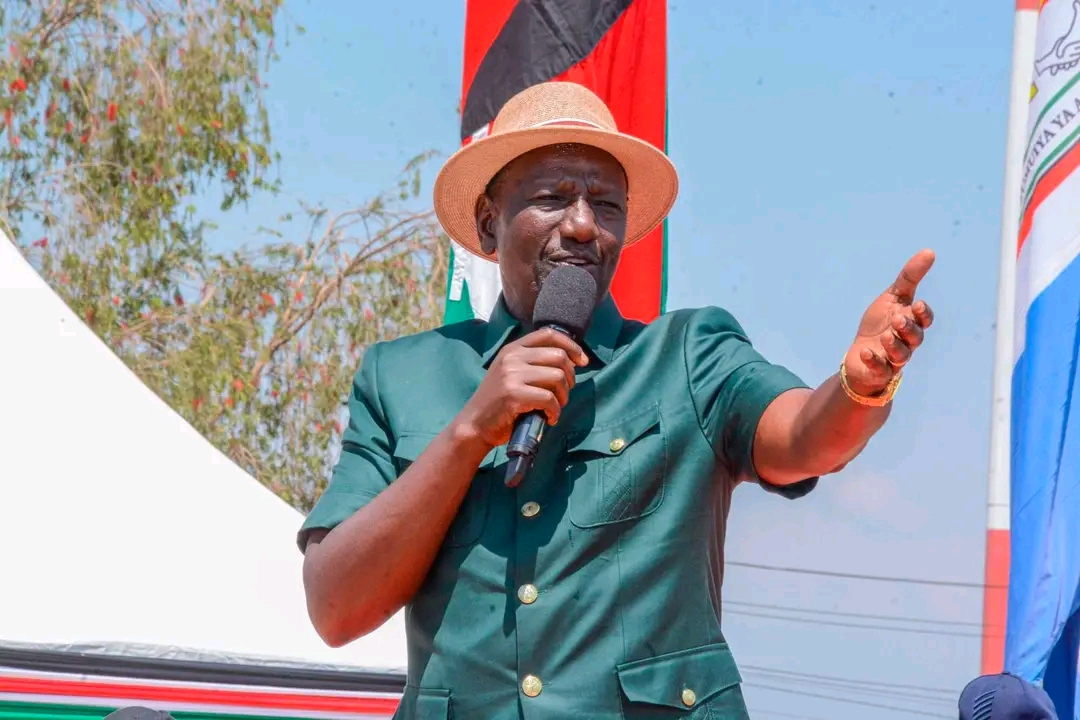
If Kalonzo accepts overtures from Ruto, it could trigger a domino effect—encouraging further defections and delivering a political blow likely to cripple Azimio’s electoral prospects before a single vote is cast .
Opposition leaders are responding with alarm. Behind closed doors, there is growing insistence that any deal undermining coalition unity would amount to political sabotage and electoral betrayal.
Ruto’s High-Stakes Reward Strategy.
Reserved overtures reportedly include a lucrative offer for Kalonzo—serving as Ruto’s deputy in the 2027 ticket. This explicit personal incentive marks a departure from traditional coalition politics, raising ethical questions about the extent to which state positions are being traded for political advantage .
Gen Z and Public Backlash Intensify the PressureThis political chess move unfolds against a volatile backdrop. Kenyans, particularly Gen Z activists, are mobilizing under the banner “Ruto one‑term,” expressing deep frustration over spiraling corruption allegations, violent police crackdowns, and soaring economic hardship.
Analysts warn that these protests—fuelled by disillusioned youth—could decisively shape public sentiment toward insisting on leadership turnover in 2027 .Why This Matters: Democracy at RiskManipulating leadership exit points:
By targeting Kalonzo, Ruto risks inflicting irreparable splits within opposition ranks.Undermining electoral integrity: Converting opposition figures with state power offers could erode democratic norms and reshape Kenya’s political playing field.
Potential backfire: Public perception of political gerrymandering may strengthen anti-Ruto sentiment, mobilizing voters around a common grievance.
What Happens Next.
In the coming weeks, focus will intensify on whether Kalonzo Musyoka responds to overtures and whether other opposition figures follow suit. Civil society groups and electoral observers are likely to up their scrutiny of any realignments aimed at engineering Ruto’s reelection chances.
If defections begin to cascade, the opposition may face its greatest existential threat yet. President Ruto appears to be staking his political legacy on a risky ideological and personal calculus—and the outcome could redraw Kenya’s democratic map well before the ballots are cast.

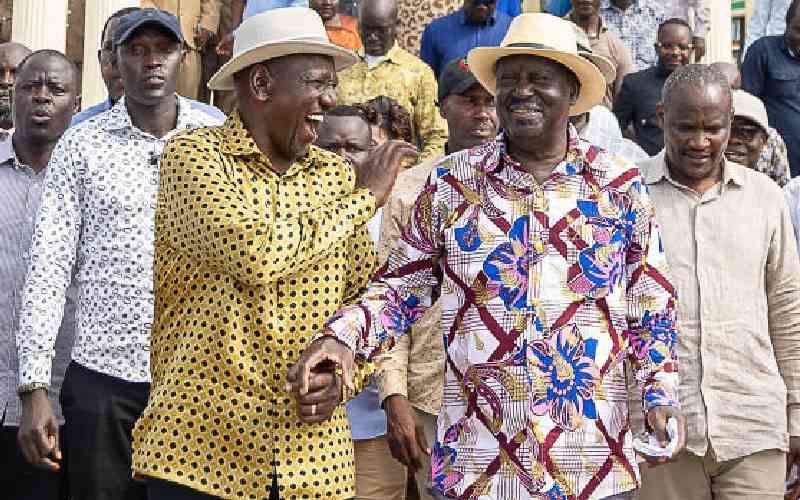



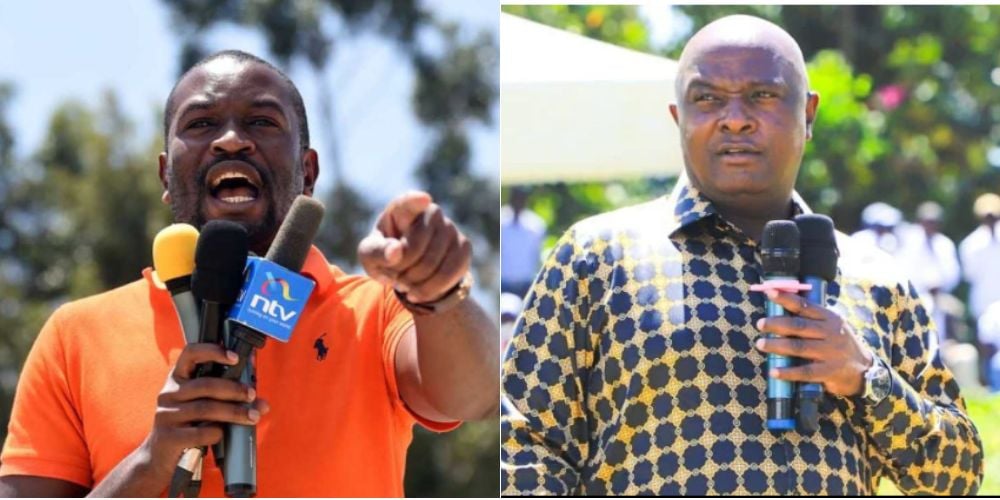
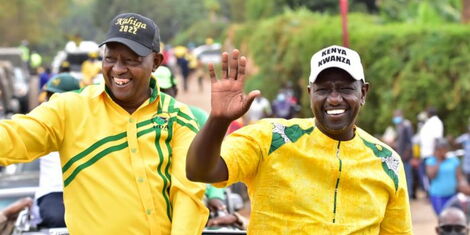
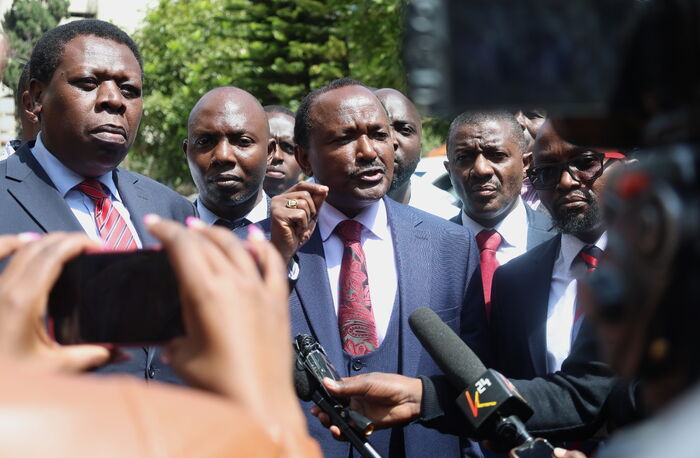
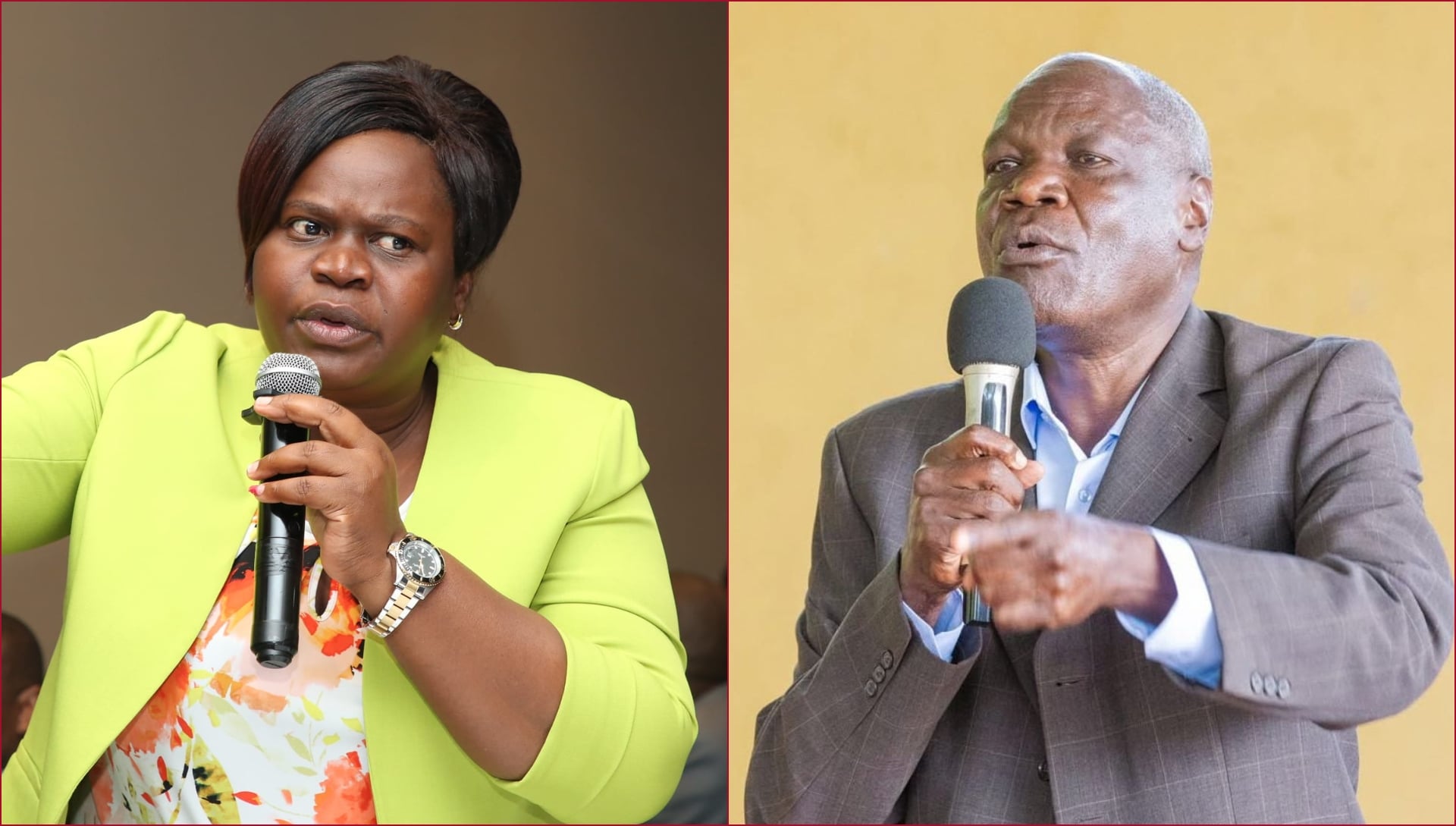
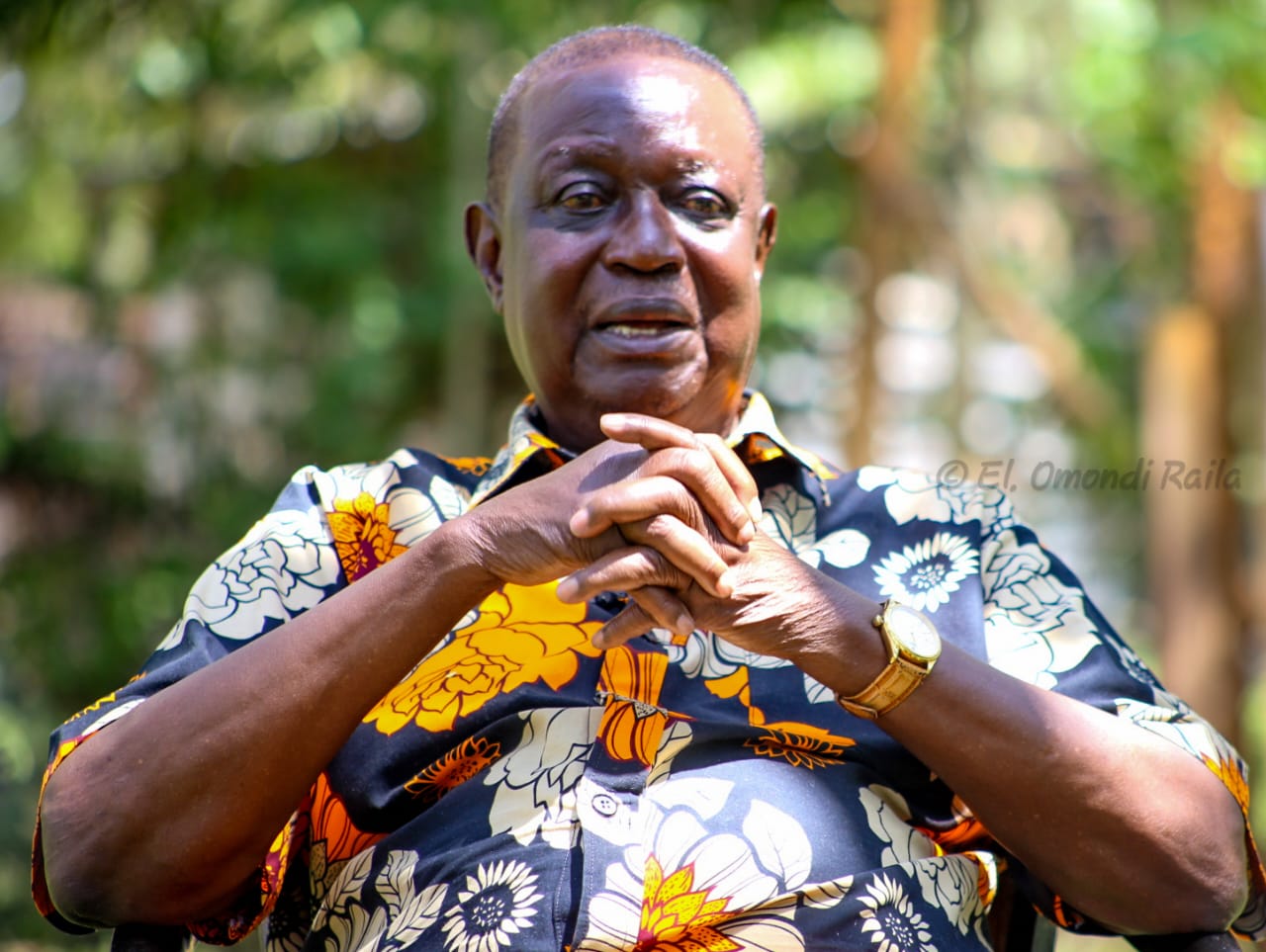
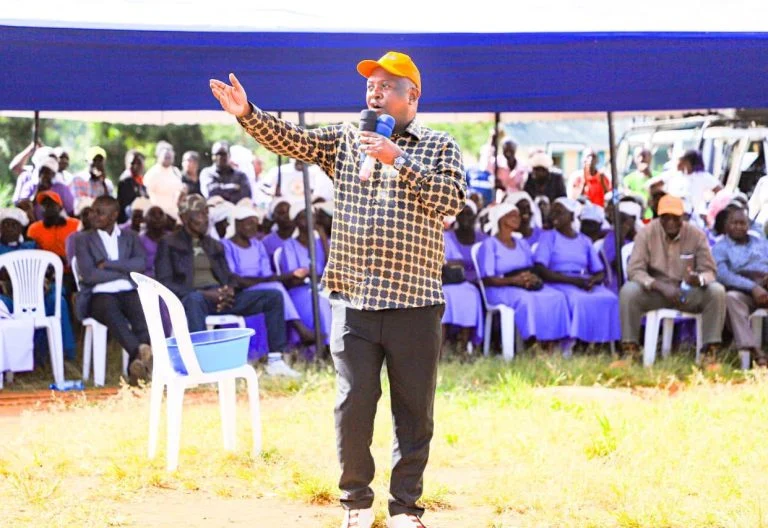
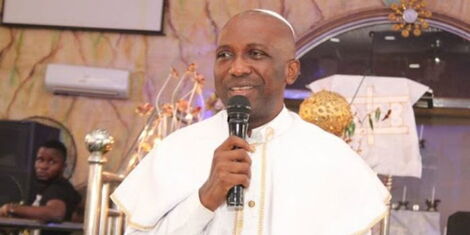
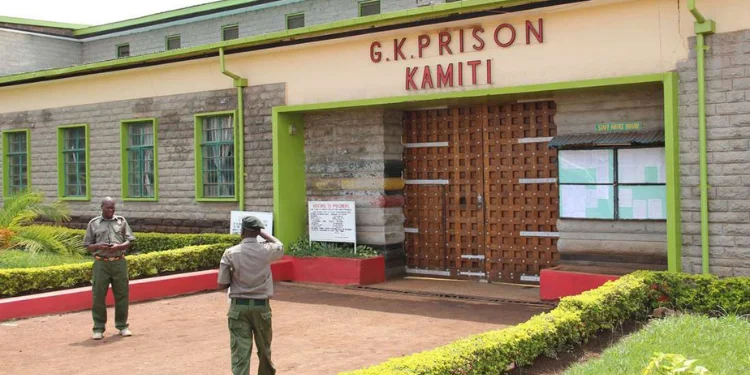

Leave a Reply